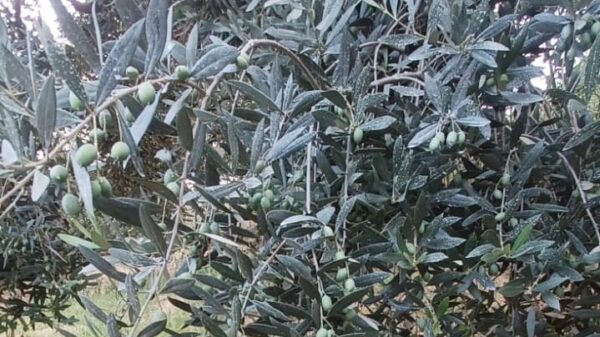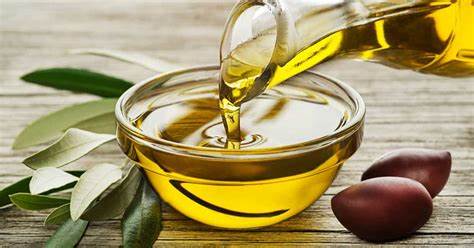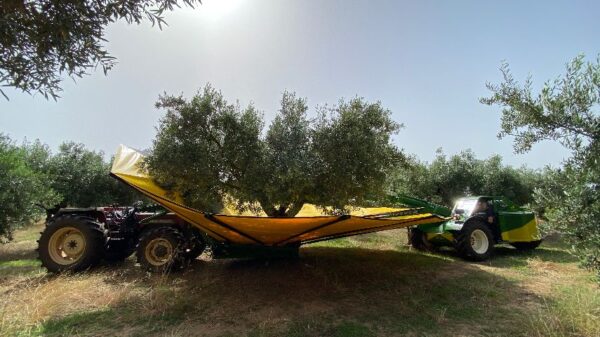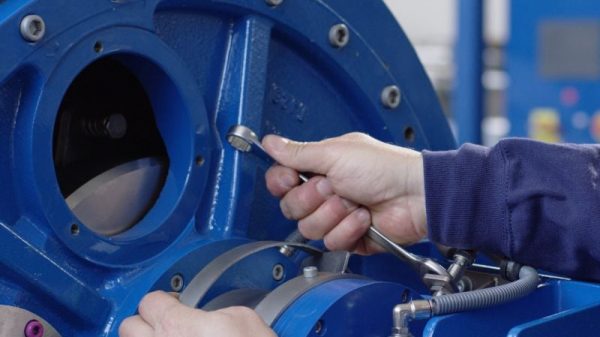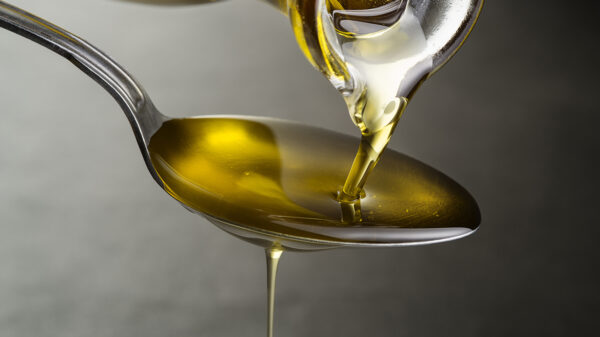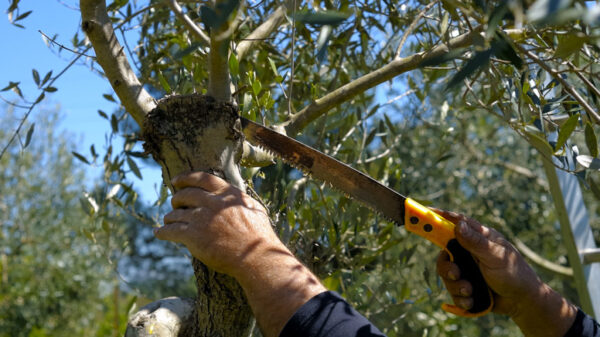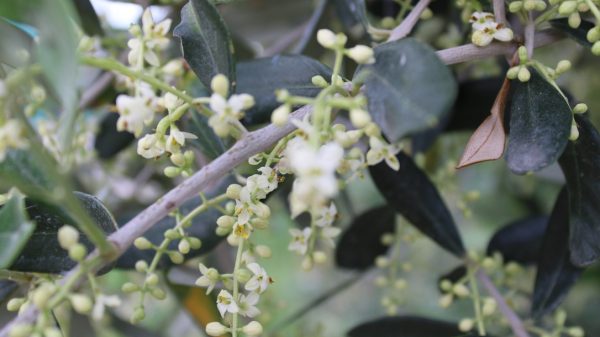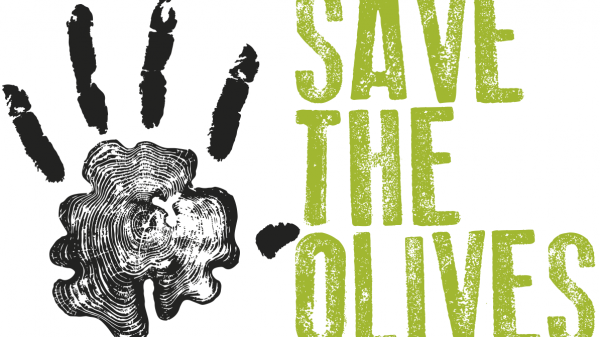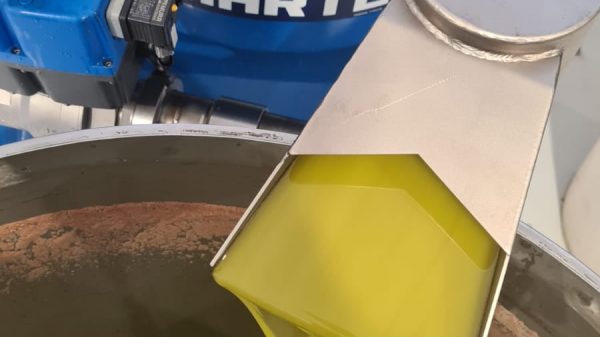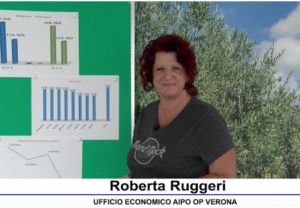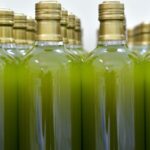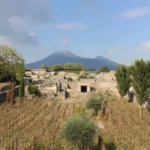A central component of the Mediterranean diet, extra virgin olive oil is considered a food with high nutraceutical properties, rich in principles that have beneficial effects on health. A research of the University of Pisa, the results of which were published in the journal Nutrients, proves that too the olive leaves, considered a waste product deriving from the olive oil production process, have nutraceutical properties useful for the prevention of many chronic diseases.
 “Olive leaves are rich in specific polyphenols such as oleuropein, endowed with important bioactive properties, almost absent in extra virgin olive oil – he explained Professor Maria Digiacomo of the Pharmacy Department of the University of Pisa, coordinator of the research conducted together with colleagues Doretta Cuffaro, Simone Bertini and Marco Macchia (in the picture) – Our study has shown that, by enriching extra virgin olive oil extracts with olive leaf extracts, it is possible to obtain an extract rich in bioactive polyphenols with interesting antioxidant and anti-inflammatory properties. This derivative could find application in the pharmaceutical and cosmetic fields or as a food supplement".
“Olive leaves are rich in specific polyphenols such as oleuropein, endowed with important bioactive properties, almost absent in extra virgin olive oil – he explained Professor Maria Digiacomo of the Pharmacy Department of the University of Pisa, coordinator of the research conducted together with colleagues Doretta Cuffaro, Simone Bertini and Marco Macchia (in the picture) – Our study has shown that, by enriching extra virgin olive oil extracts with olive leaf extracts, it is possible to obtain an extract rich in bioactive polyphenols with interesting antioxidant and anti-inflammatory properties. This derivative could find application in the pharmaceutical and cosmetic fields or as a food supplement".
After analysis of the polyphenol content, it was chosen an extract of extra virgin olive oil enriched with an 8% olive leaf extract: “The health properties of extra virgin olive oil are well recognized and mainly attributed to the different polyphenols, such as oleocanthal and oleacein – he added the Digiacomo –. Our study showed that the antioxidant and anti-inflammatory profiles of the new extract are significantly improved compared to those of the simple extra virgin olive oil extract thanks to the synergistic effect of the various polyphenols present. In fact, by combining the polyphenols of extra virgin olive oil with those of olive leaves, there is no simple additive effect of their activities, but a synergistic effect which in fact significantly increases the bioactive properties.
Furthermore, this new approach represents a strategy for the further valorisation of olive leaves as a by-product of great nutraceutical value, thus constituting a cost-effective alternative to their disposal.
